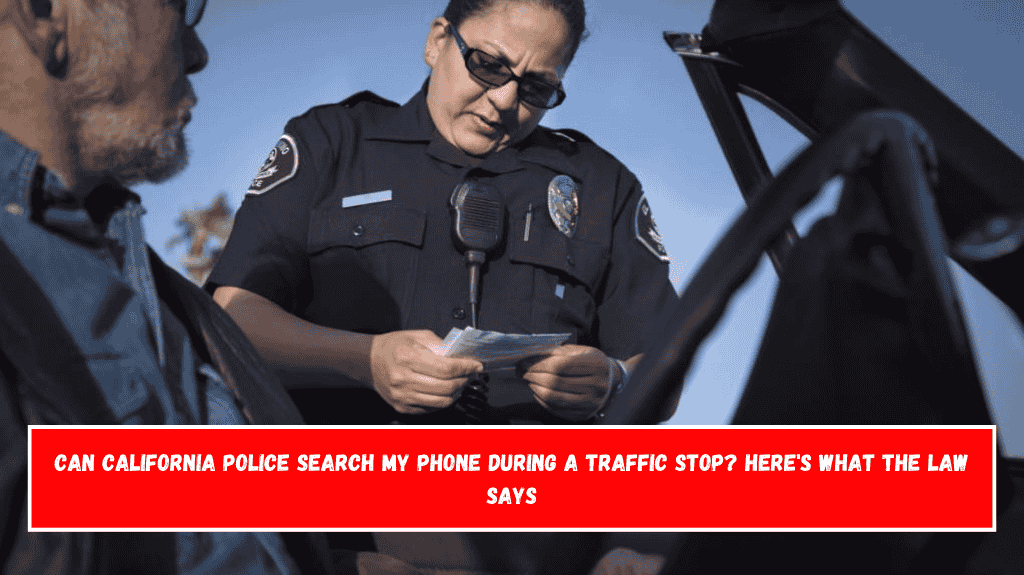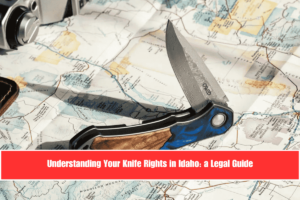Under California law, police cannot search your phone during a traffic stop without a warrant, your consent, or specific exceptions related to exigent circumstances. This protection stems from the Fourth Amendment to the U.S. Constitution and the landmark Supreme Court decision in Riley v. California (2014). Below is a detailed explanation of your rights and the legal framework.
1. General Rule: A Warrant Is Required
- In most cases, police need a valid search warrant to access the digital contents of your phone. The Supreme Court in Riley v. California ruled that cell phones contain vast amounts of personal information, making searches of their contents highly intrusive and subject to constitutional protections.
- A warrant must specify the phone to be searched and the evidence being sought.
2. Exceptions to the Warrant Requirement
Police may search your phone without a warrant in limited circumstances:
- Consent: If you voluntarily allow officers to search your phone, they can do so legally. However, you are not obligated to consent.
- Exigent Circumstances: Police can perform a warrantless search if there is an immediate need to:
- Prevent imminent danger or bodily harm.
- Stop the destruction of evidence.
- Pursue a fleeing suspect.
These exceptions are narrowly applied and must be justified by specific circumstances.
3. Seizure Without Immediate Search
Even if police cannot search your phone during a traffic stop, they may seize it temporarily while obtaining a warrant if they believe it contains evidence related to a crime.
4. Protections Against Self-Incrimination
California law prohibits police from compelling you to unlock your phone using passwords or biometric methods (e.g., fingerprints or facial recognition) under the Fifth Amendment’s protection against self-incrimination.
5. Practical Tips for Protecting Your Privacy
To safeguard your rights during a traffic stop:
- Use Strong Passwords: Avoid relying solely on biometric security features.
- Refuse Consent: Politely decline if officers ask to search your phone.
- Turn Off Your Phone: If you anticipate interaction with law enforcement, powering off your device can prevent unauthorized access.
- Know Your Rights: Clearly state that you do not consent to searches without a warrant.
6. Consequences of Illegal Searches
If police search your phone without proper legal authority, any evidence obtained may be inadmissible in court under the exclusionary rule. You can challenge such evidence through motions to suppress.
In summary, California law provides strong protections for digital privacy during traffic stops. Police generally cannot search your phone without a warrant unless you consent or exigent circumstances exist. Understanding these rights can help you navigate interactions with law enforcement effectively.
Sources
- https://www.reddit.com/r/California/comments/17v6ucq/can_california_police_search_my_phone_during_a/
- https://www.enkanter.com/article/can-police-search-your-phone-california
- https://www.shouselaw.com/ca/defense/search-and-seizure/phone-searches/
- https://www.egattorneys.com/cellphone-searches-in-california
- https://scfop.org/2024/06/today-in-history-riley-v-california-2014/


















Leave a Reply